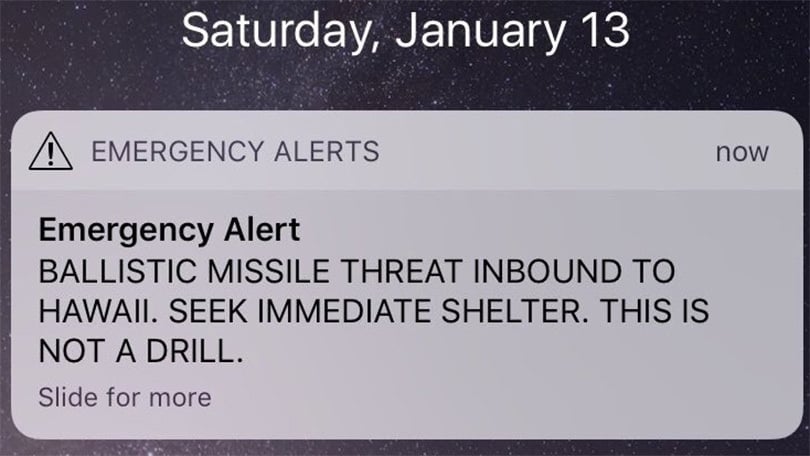The Critical Role of Emergency Alerts in Canada

Introduction
Emergency alerts have emerged as an essential tool in ensuring public safety during crises. These notifications provide timely information about impending dangers, such as natural disasters, severe weather, or public safety threats. In Canada, where vast geographic areas can be affected by a range of emergencies, the relevance of emergency alerts cannot be overstated.
Recent Developments in Emergency Alert Systems
In recent months, Canada has taken significant steps to enhance its emergency alert systems. Following several high-profile incidents, including wildfires in British Columbia and flooding in Quebec, officials have recognized the need for rapid communication channels. In June 2023, the Canadian government expanded its national alert system, Alert Ready, to ensure that more populations, including Indigenous communities and regions prone to natural disasters, are covered.
The Alert Ready system automatically sends alerts through various channels, including television, radio, and text messages, ensuring that the public receives critical information quickly. During its activation, alerts may indicate the nature of the emergency, instructions on what actions to take, and a timeframe for potential impact. This swift dissemination of information could potentially save lives.
Public Response and Participation
Public awareness of emergency alerts has also been on the rise, especially following campaigns that educate Canadians about the importance of being Prepared. Recent surveys revealed that over 70% of Canadians believe that receiving emergency alerts makes them feel more secure. However, only 35% reported being familiar with the procedures to receive alerts on their devices. Authorities emphasize the importance of signing up for alerts through local agencies and staying tuned to notifications.
Conclusion
Emergency alerts play a critical role in maintaining safety and awareness amongst Canadians during times of crisis. With recent enhancements to alert systems and an increase in public engagement, the effectiveness of these alerts is expected to improve significantly. As climate change leads to more frequent and intense natural disasters, the reliance on and importance of emergency alerts will only grow. Canadians are urged to remain vigilant, stay informed about potential risks, and ensure they are connected to emergency alert systems in their communities.









